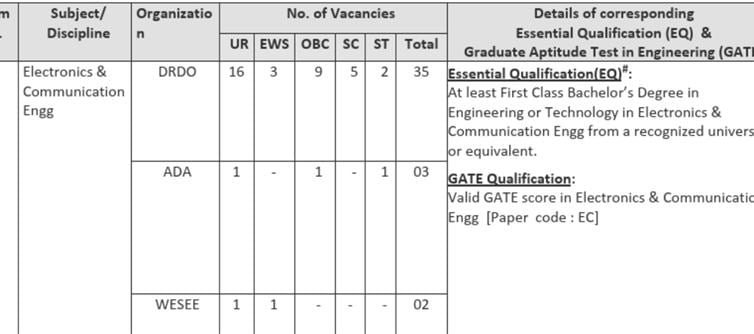
India continues to depend heavily on foreign suppliers for fighter jets, submarines, missile systems, and other critical defence technologies despite being among the world’s top defence spenders. Instead of channeling this expenditure into homegrown innovation, a mix of systemic inefficiencies, political interference, and reservations-based hiring policies have hampered progress. The dominance of career politicians, who often focus more on electoral gains than long-term national interests, further aggravates the situation. For decades, promises of "Atmanirbhar Bharat" in defence have been made, but the reality is that india still imports more than half of its high-end defence equipment. The lack of emphasis on pure meritocracy in critical sectors like defence research is often cited as a major roadblock.
Beyond defence, the bigger issue lies in the political system’s reluctance to address structural challenges such as caste-based quotas and the widening gap in net per capita income growth. While leaders speak about GDP rankings and india becoming the world’s third-largest economy, the true measure of progress lies in how much income and prosperity actually reaches individual citizens. Unless india takes bold steps to move away from caste politics, reservation-based policies, and multigenerational political dynasties, it risks undermining its own growth potential. Meritocracy, innovation, and accountability need to become the backbone of both governance and defence if india is to truly emerge as a global power rather than remain dependent on imports for its most critical needs.




 click and follow Indiaherald WhatsApp channel
click and follow Indiaherald WhatsApp channel